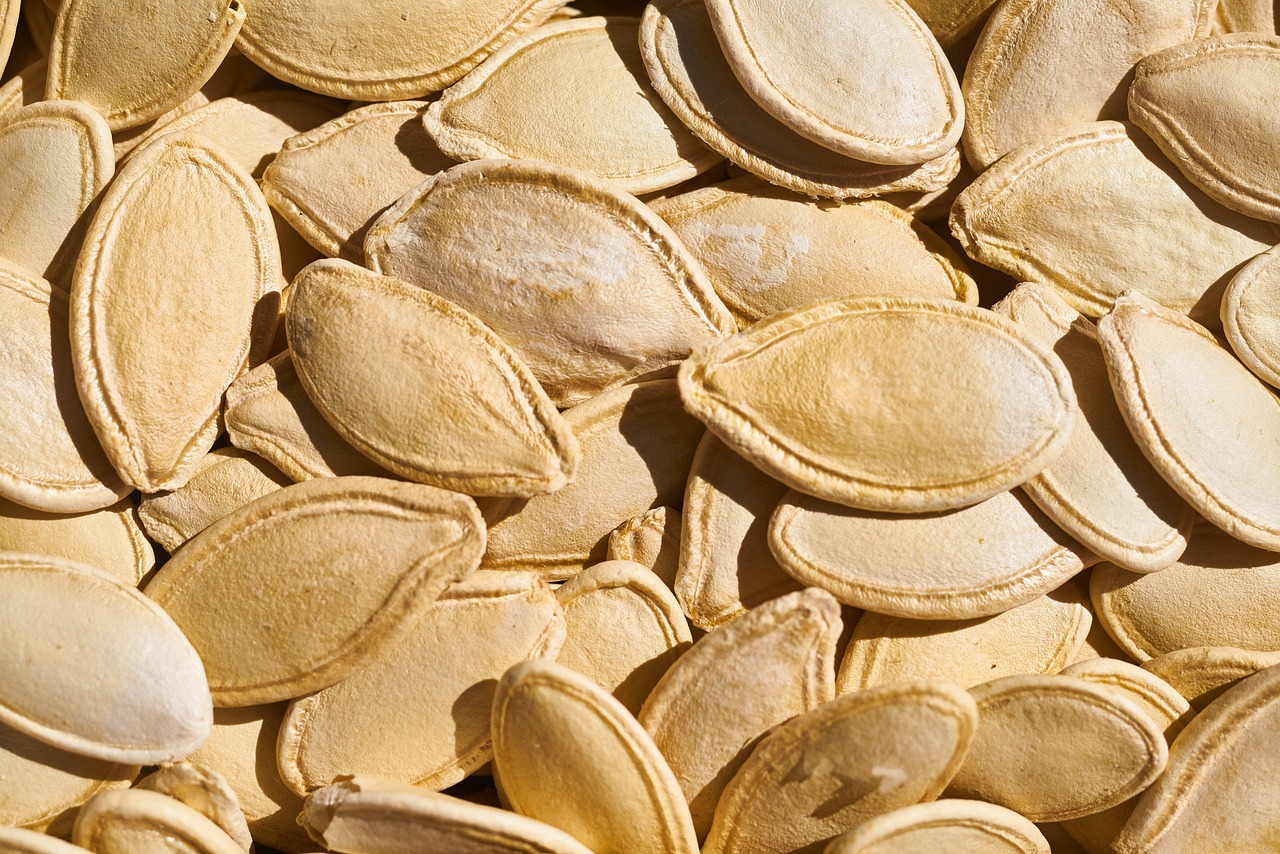The Role of Food in Cultural Identity: Exploring Traditional Cuisines
Food plays a pivotal role in shaping cultural identity as it reflects the customs, traditions, and history of a particular community. From the ingredients used to the cooking methods employed, each aspect of a dish carries a rich narrative that connects individuals to their roots. Through the preparation and consumption of traditional foods, people maintain a sense of belonging and heritage, passing down recipes from generation to generation.
Furthermore, sharing meals with family and friends fosters a sense of community and reinforces cultural bonds. The act of coming together to enjoy familiar dishes not only nourishes the body but also nurtures the soul, creating lasting memories and strengthening relationships. Food rituals and feasting traditions serve as a cornerstone of cultural identity, uniting people in celebration and solidarity.
Exploring the Connection Between Food and Heritage
Food plays a pivotal role in preserving and passing down cultural traditions from one generation to the next. The tastes, ingredients, and cooking methods used in traditional dishes are a reflection of a community’s history, values, and beliefs. In this way, food serves as a powerful means of connecting individuals to their heritage and roots.
Moreover, the act of preparing and sharing meals holds a significant place in many cultures as a way to strengthen familial bonds and foster a sense of belonging. Whether it’s the elaborate feasts during celebrations or the simple home-cooked meals enjoyed together every day, food is a common thread that weaves through the fabric of heritage, bringing people closer and reinforcing their cultural identity.
How does food play a role in shaping cultural identity?
Food is closely tied to cultural identity as it reflects a community’s history, traditions, and values. It serves as a way to connect with one’s heritage and preserve cultural practices.
Can you give examples of how food is connected to heritage?
Certainly! Traditional dishes, cooking techniques, and ingredients passed down through generations all contribute to the preservation of a culture’s heritage through food.
Why is it important to explore the connection between food and heritage?
Understanding the connection between food and heritage helps us appreciate the diversity of cultures around the world and fosters a sense of respect and curiosity for different traditions.
How can individuals celebrate their heritage through food?
Individuals can celebrate their heritage through food by cooking traditional dishes, sharing meals with family and friends, and learning about the history and significance of certain recipes.
Are there any modern influences on traditional food and heritage?
Yes, globalization and migration have led to the fusion of different culinary traditions, resulting in new dishes that blend elements of various cultures while still honoring their heritage.





